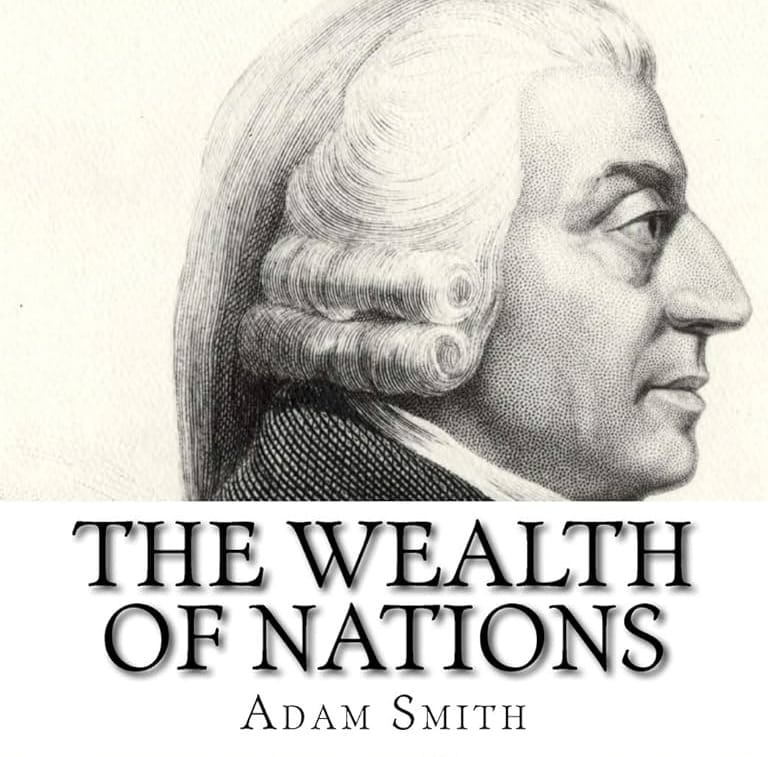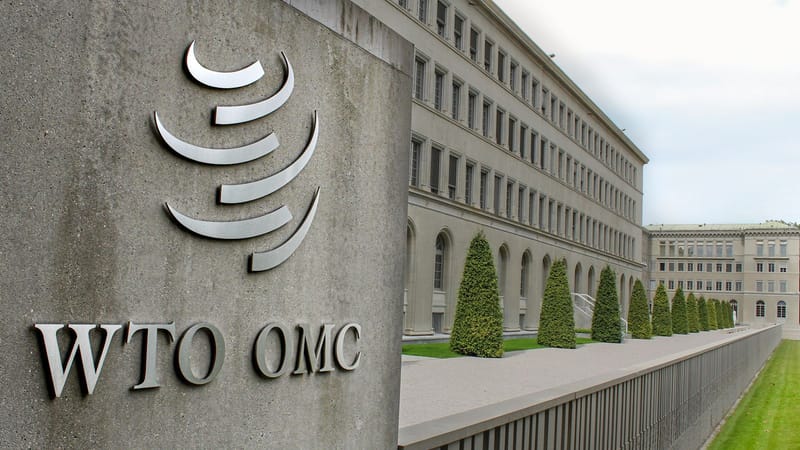Wealth of Nations by Adam Smith: Summary
The Wealth of Nations" argues for economic liberalism, emphasizing the benefits of free markets, competition, and limited government intervention in fostering economic prosperity

Adam Smith's "The Wealth of Nations" is a foundational work in classical economics, published in 1776. The book is divided into five books:
Book I: Of the Causes of Improvement in the Productive Powers of Labour - Smith explores the division of labor, which he argues leads to increased productivity and innovation. He uses the example of a pin factory to illustrate how specialization allows workers to become more skilled and efficient.
Book II: Of the Nature, Accumulation, and Employment of Stock - This section focuses on capital, describing how it is accumulated and used to facilitate production. Smith differentiates between productive and unproductive labor and emphasizes the importance of saving and investing for economic growth.
Book III: Of the Different Progress of Opulence in Different Nations - Smith examines historical development and the varying levels of wealth among nations. He discusses the roles of agriculture, manufacturing, and commerce in economic development.
Book IV: Of Systems of Political Economy - Here, Smith critiques mercantilism, the dominant economic theory of his time, which emphasized the accumulation of gold and silver and government intervention in the economy. He advocates for free trade and limited government interference, arguing that individuals pursuing their own self-interest inadvertently benefit society as a whole through the "invisible hand" of the market.
Book V: Of the Revenue of the Sovereign or Commonwealth - Smith addresses public finance and the role of government. He outlines the need for government to provide certain public goods, such as defense, justice, and infrastructure, which cannot be efficiently managed by private individuals.
Overall, "The Wealth of Nations" argues for economic liberalism, emphasizing the benefits of free markets, competition, and limited government intervention in fostering economic prosperity.





